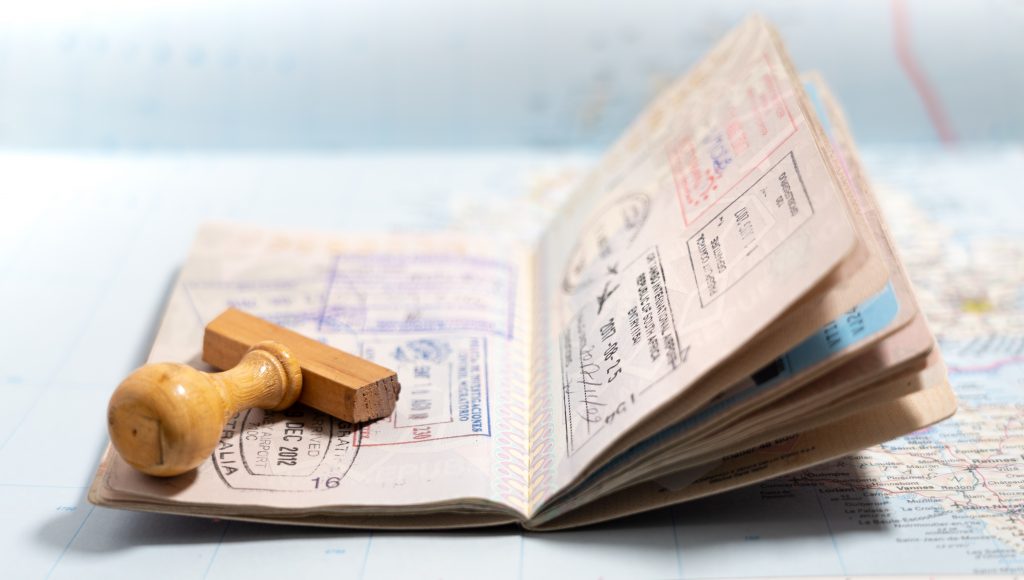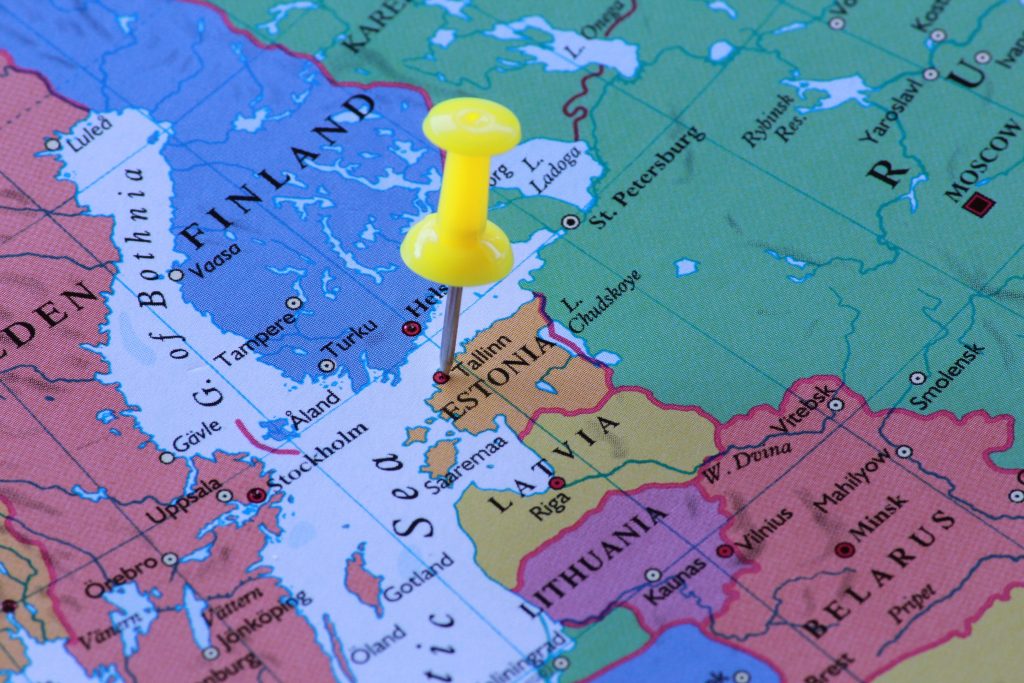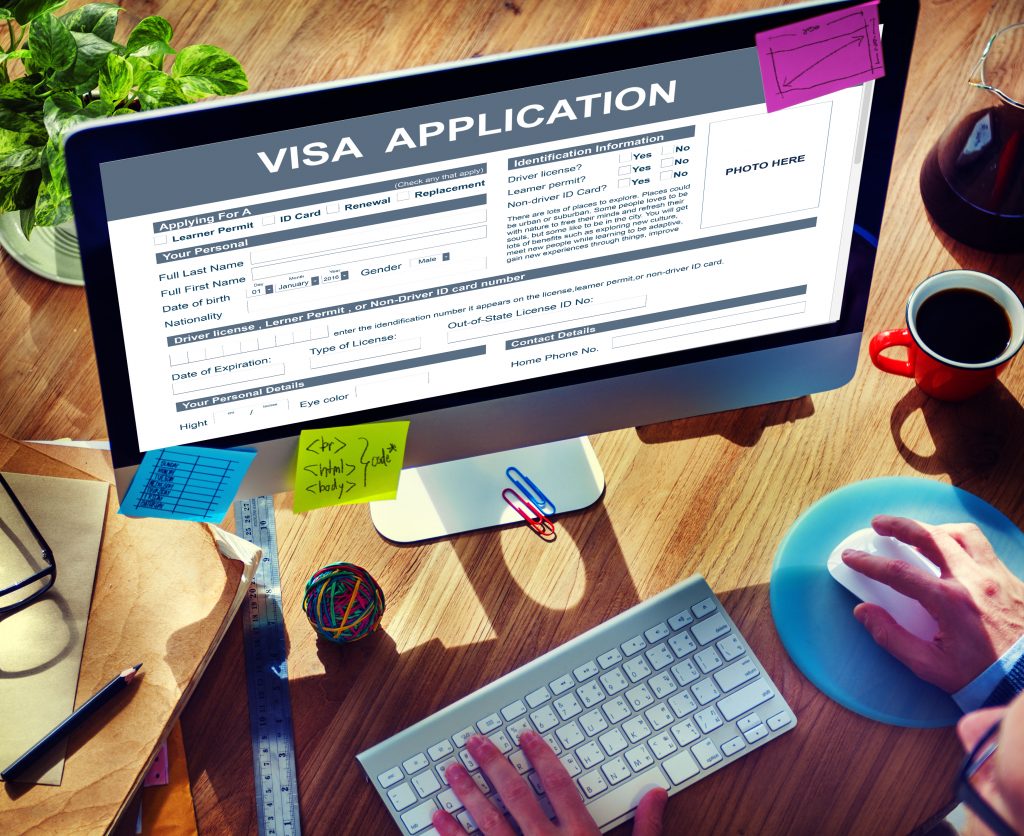The freelance visa has become an essential tool in today’s globalized world for self-employed workers, including digital nomads, to lawfully work and travel across borders. A number of countries, including the United States, have recognized the growing trend of remote work and digital entrepreneurship and have developed a variety of visa categories to meet the needs of this particular workforce. The freelance visa is not the same as a traditional tourist visa in that it is designed specifically for individuals who are self-employed and gives them the freedom to operate their businesses or provide services while living abroad. This article delves into the specifics of obtaining a freelance visa, stressing important factors for potential applicants.
Countries all over the world, from the Czech Republic to South Korea, have set up programs to help foreign workers enter the workforce. These programs include software engineers, English teachers, and people in liberal professions. To obtain a freelance visa, one must go through a number of procedures, such as speaking with immigration lawyers, obtaining a temporary residence permit or a long-stay visa, and learning about the complexities of local immigration laws. If one wants to work as a freelancer in the European Union, options include the German visa, which has particular requirements regarding economic need, and the Italian self-employment visa. Every nation’s procedure reflects its own immigration policies, from issuing residence visas and employment author
What is a Freelance Visa?

A freelance visa is a special type of visa that allows self-employed individuals or business owners to work and travel in a foreign country legally. It’s a perfect option for freelancers and digital nomads who want to explore new cultures, experience different lifestyles, and work remotely while earning an income. These visas vary from country to country, with different requirements and restrictions, so it’s essential to research and choose the best option for your needs.
Why Do Digital Nomads Need a Freelance Visa?

Digital nomads often face legal challenges when working and traveling abroad. Many countries require visitors to have a work permit or visa to engage in any form of employment, including freelance work. Operating without the proper documentation can result in fines, deportation, or even a ban from reentering the country. To avoid these issues and ensure a smooth and legal experience, it’s crucial for digital nomads to obtain the appropriate freelance visa.
Top Countries with Freelance Visa Programs

1. German Freelance Visa

Germany is known for its thriving freelance community and a wide range of opportunities for self-employed individuals. The Freelancer “Freiberufler” Visa is designed for non-EU/EEA citizens who want to freelance in professions such as healthcare, law, and technology. To be eligible for this visa, you must have a valid employment contract with a company registered outside of Germany or work through your own foreign registered company. You’ll also need to prove that your work will have a positive impact on the German economy. The visa is initially valid for three months but can be converted into a residence permit.
Germany Visa2. Belgium Self-Employed Professional Card Visa

Belgium offers a Self-Employed Professional Card Visa for non-EEA individuals who wish to settle and work as self-employed professionals in the country. This visa requires applicants to be approved and granted a professional card, which allows them to practice their profession in Belgium for up to five years. The card is issued based on the applicant’s skills, experience, and the economic benefits they can bring to Belgium.
Belgium Visa3. Portugal D7 Visa

Portugal’s D7 Visa is an excellent option for freelancers and digital nomads who want to enjoy the country’s stunning beaches, port wine, and beautiful architecture. This visa is for a non-EU citizen who can demonstrate economic self-sufficiency and work remotely. The visa is initially issued for four months and can be extended for up to three years. After five years of residency, individuals can apply for Portuguese citizenship or permanent residence.
Portugal D7 Visa4. Croatia Digital Nomad Visa

Croatia recently introduced the Digital Nomad Visa, making it an attractive destination for freelancers and digital nomads. This visa is open to individuals who are self-employed or employed by companies outside of Croatia. However, they cannot work for Croatian employers or companies registered in Croatia. The visa allows a stay of up to one year, but it’s important to note that it cannot be extended. After the expiry of the visa, digital nomads can apply for another visa after six months.
Croatia Visa5. Spain Non-Lucrative Visa

Spain offers a Non-Lucrative Visa for those who want to live and work in the country without engaging in any remunerated activity. This visa is perfect for freelancers and digital nomads who can support themselves financially. Applicants must demonstrate a monthly income of approximately $3,520. The visa is initially issued for one year and can be renewed for up to two years at a time. After five years of residency, individuals can apply for Spanish citizenship or permanent residence.
Spain Visa6. Brazil Temporary Digital Nomad Visa

Brazil has recently introduced a Temporary Digital Nomad Visa for professional workers who can work remotely. This visa allows individuals to stay in Brazil for up to one year. Applicants must demonstrate a monthly income of at least $1,500 and have proof of means of subsistence during their stay. The visa is a great option for freelancers and digital nomads looking to explore the vibrant culture and natural beauty of Brazil.
Brazil Visa7. Estonia Digital Nomad Visa

Estonia, a highly technologically advanced country, offers a Digital Nomad Visa for individuals who wish to work and live in Estonia while employed by a foreign company or running their own business registered abroad. The visa allows a stay of up to one year. After the expiry of the initial visa, individuals can apply for an extension at a Police and Border Guard office in Estonia. There are both long-term and short-term visa options available, depending on the individual’s needs.
Estonia VisaThe Application Process for Freelance Visas

The application process for freelance visas varies depending on the country and the specific visa program. However, there are common steps and requirements that most countries require. Here is a general overview of the application process:
- Research and Choose the Right Visa: Thoroughly research the freelance visa options available in your desired country and choose the one that best suits your needs.
- Gather the Required Documents: Each visa program has specific document requirements. Common documents include a valid passport, proof of income or financial stability, proof of accommodation, a business plan (if applicable), and health insurance coverage.
- Complete the Visa Application Form: Fill out the visa application form accurately and provide all the necessary information. Be prepared to pay the application fee, which varies depending on the country and visa program.
- Attend a Visa Appointment: Some countries require applicants to attend a personal interview as part of the visa application process. During the interview, you may be asked questions about your intended activities, financial situation, and reasons for choosing that country.
- Submit Additional Documents if Required: Depending on the visa program and country, you may be asked to submit additional documents to support your application. These documents may include bank statements, a business plan, a CV, or proof of professional qualifications.
- Wait for Visa Approval: After submitting your application, you’ll need to wait for the visa processing time, which can vary from a few weeks to several months. Once your visa is approved, you’ll receive a residence permit or visa sticker in your passport.
- Arrive in the Country and Register: Upon arrival in the country, you may be required to register with the local authorities or immigration office. This step is crucial to ensure your legal status as a freelancer or digital nomad.
Health Insurance

Health insurance is an essential aspect of freelancing abroad. It’s important to have adequate coverage to protect yourself in case of illness or accidents. Depending on the country, health insurance may be a requirement for obtaining a freelance visa. Here are some options to consider:
- International Health Insurance: Many insurance providers offer international health insurance plans specifically designed for digital nomads and expats. These plans provide coverage in multiple countries and offer flexibility in terms of coverage levels and benefits.
- Local Health Insurance: In some countries, it may be mandatory to have local health insurance coverage. Research the local healthcare system and insurance options available in your destination country.
- Travel Insurance: If you’re planning to freelance in different countries for short periods, you can consider purchasing travel insurance that includes medical coverage. However, keep in mind that travel insurance may have limitations and may not cover pre-existing conditions.
It’s essential to thoroughly research health insurance options and choose a plan that provides comprehensive coverage for your needs and meets the requirements of your destination country.
Benefits of Freelancing Abroad

Freelancing abroad offers numerous benefits for digital nomads. Here are some advantages of this lifestyle:
- Freedom and Flexibility: Freelancing allows you to work on your own terms, choose your clients, and set your own schedule. You have the freedom to work from anywhere in the world and explore new cultures and experiences.
- Cultural Immersion: Living and working in a foreign country gives you the opportunity to immerse yourself in different cultures, learn new languages, and broaden your horizons. It’s a unique way to experience the world and gain a deeper understanding of different societies.
- Networking Opportunities: Freelancing abroad allows you to connect with professionals from around the world. You can build a global network of contacts, collaborate with international clients, and expand your business opportunities.
- Cost of Living: Depending on your destination, the cost of living may be lower than in your home country. This can lead to significant savings and a higher standard of living.
- Personal Growth: Freelancing abroad challenges you to step out of your comfort zone, adapt to new environments, and develop valuable skills such as adaptability, problem-solving, and cultural sensitivity. It’s a transformative experience that promotes personal growth and self-discovery.
Conclusion

Starting a freelance career overseas requires a thorough understanding of the visa application process, from obtaining the required travel document to paying taxes. Every step of the process, from the initial application to obtaining permanent residency, is subject to specific rules and requirements, whether it be a self-employed work visa in Abu Dhabi or a freelance license in the Middle East. The process may involve handling tax IDs, opening a German bank account, or navigating public insurance systems. For international students and US citizens, the journey may also involve obtaining an O-1 visa or investigating options within the free zone for independent contractors. Every nation, from South Korea to the Czech Republic, provides a different route to achieving the digital nomad lifestyle.
More than just a piece of paper, a freelance visa is a passport to new cultures, opportunities, and personal development. Whether the objective is to become a permanent resident, open up business opportunities abroad, or simply travel the world while working as a freelancer, knowing the ins and outs of the process is crucial. With the correct help and advice, navigating the complicated world of freelance visas can lead to a successful international career that combines the freedom of self-employment with the adventure of seeing the world.
Note: The information provided in this article is for general guidance purposes only. Visa requirements and processes can change, so it’s essential to consult official government websites or seek advice from immigration professionals for the most up-to-date and accurate information.